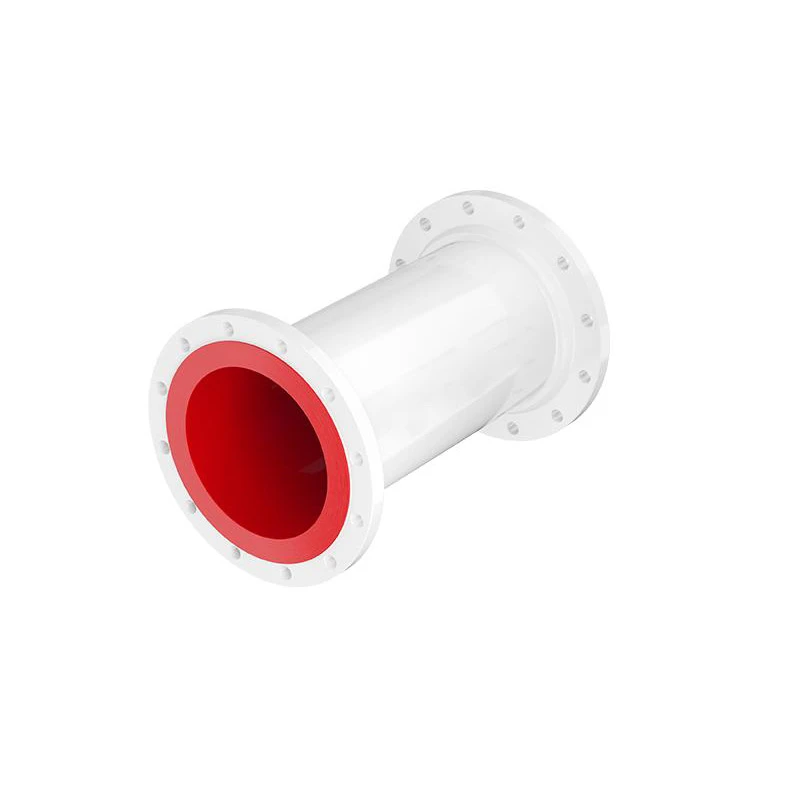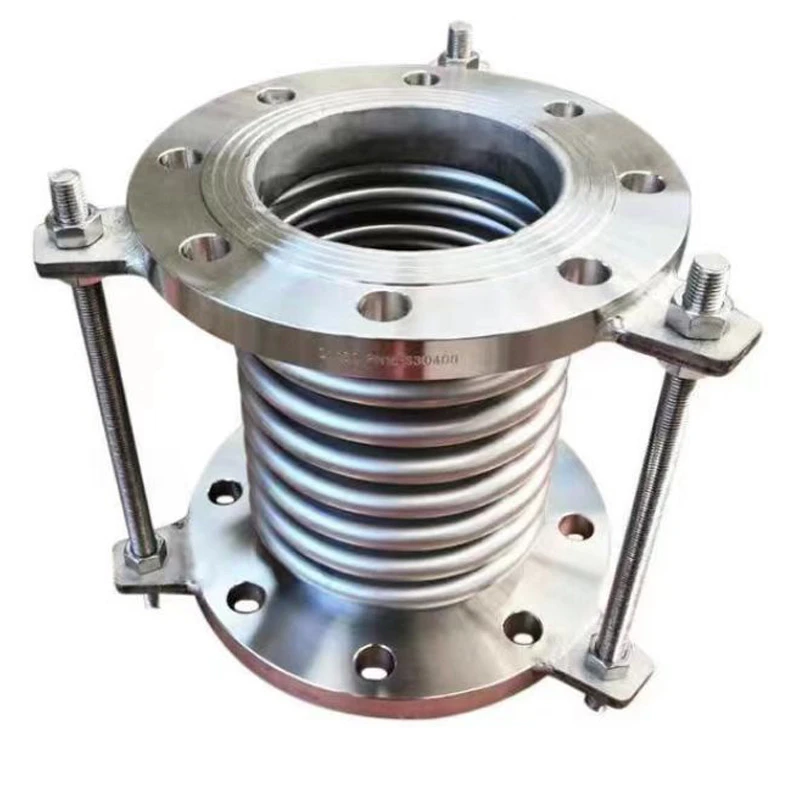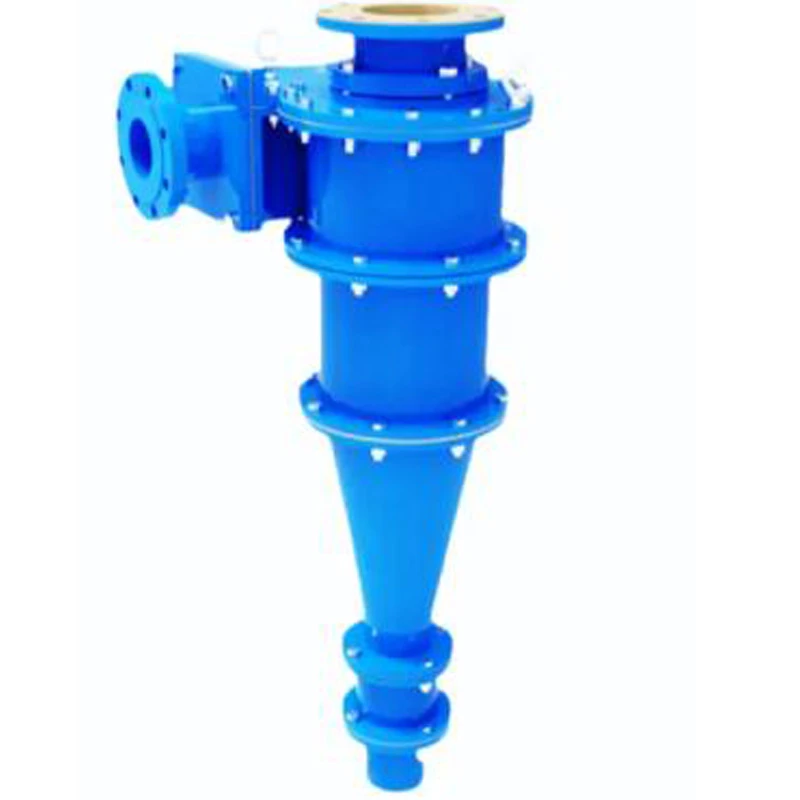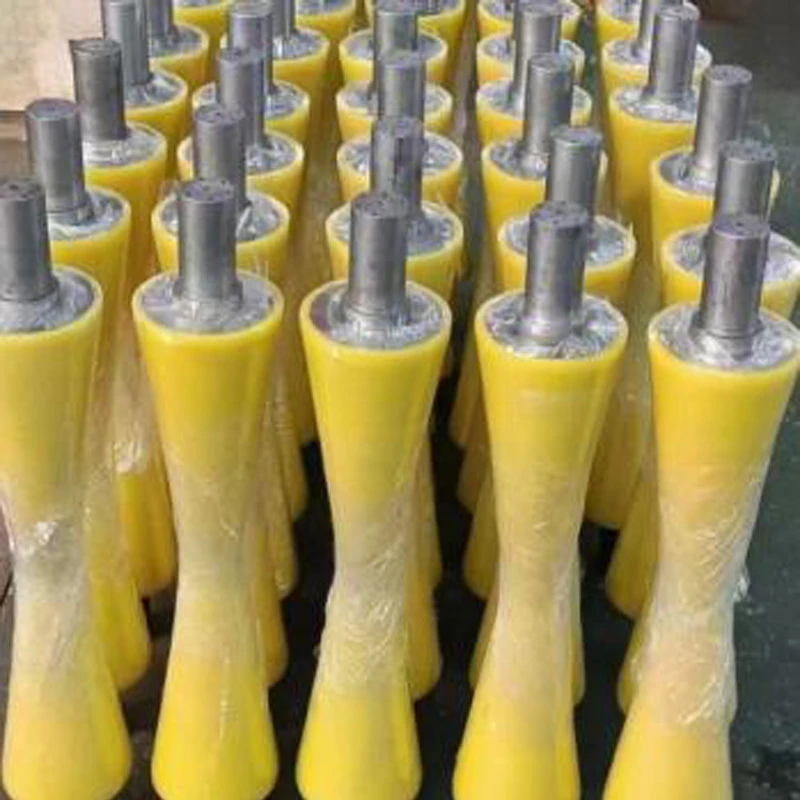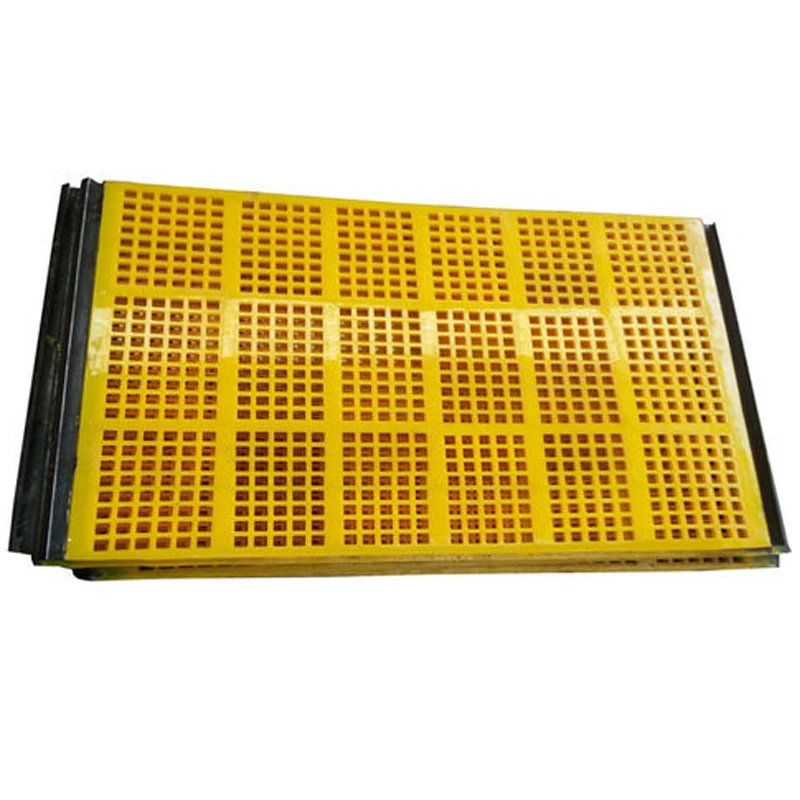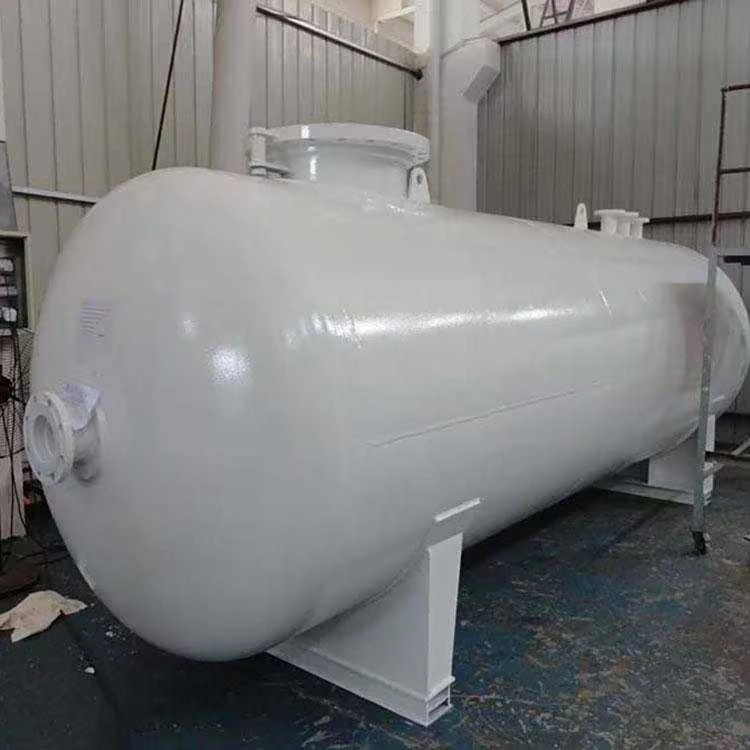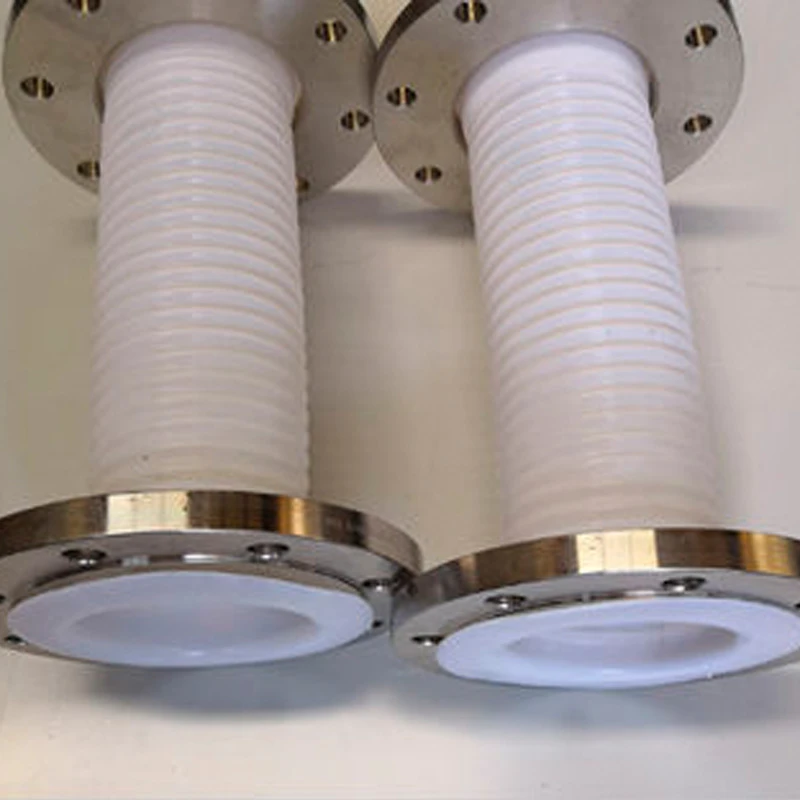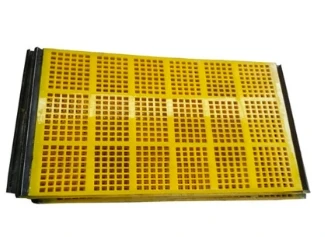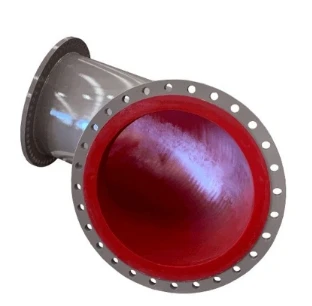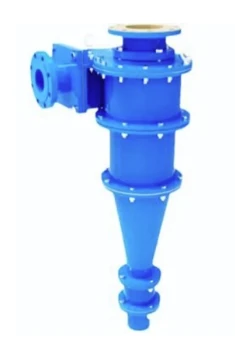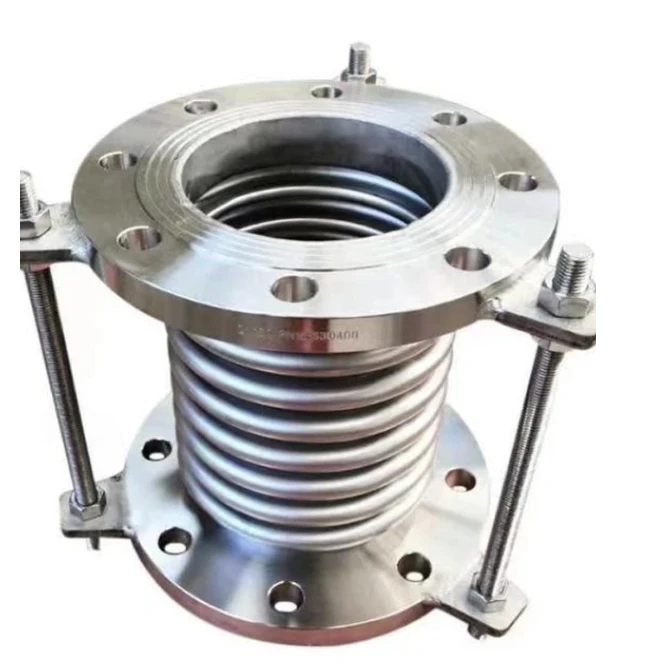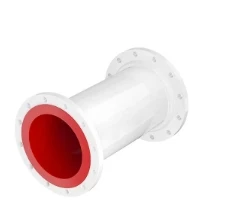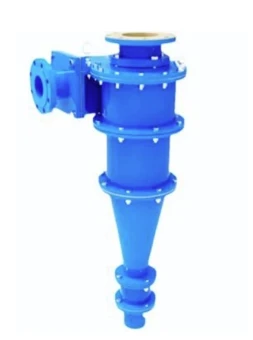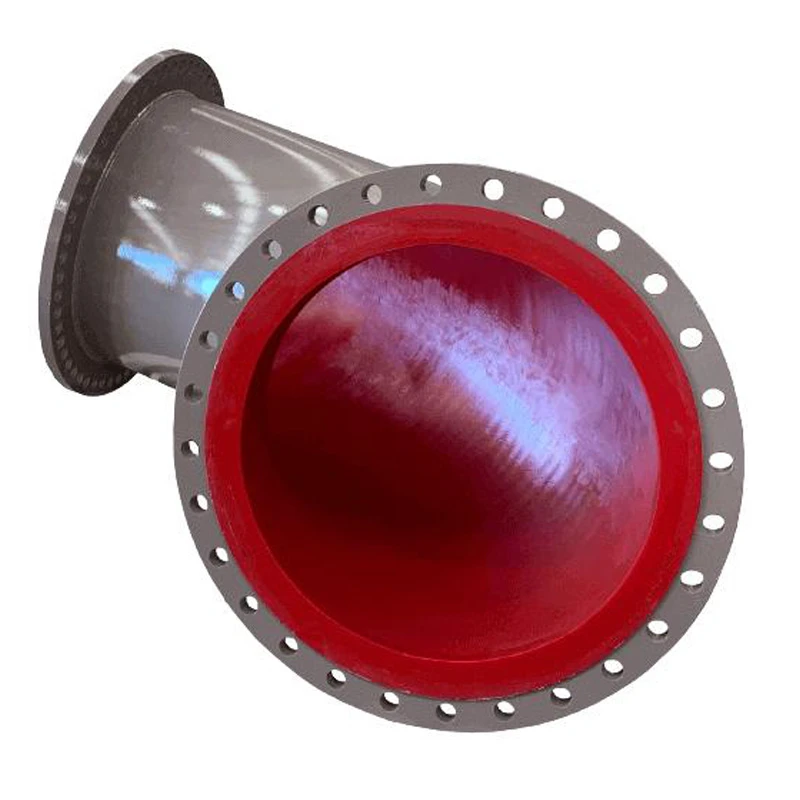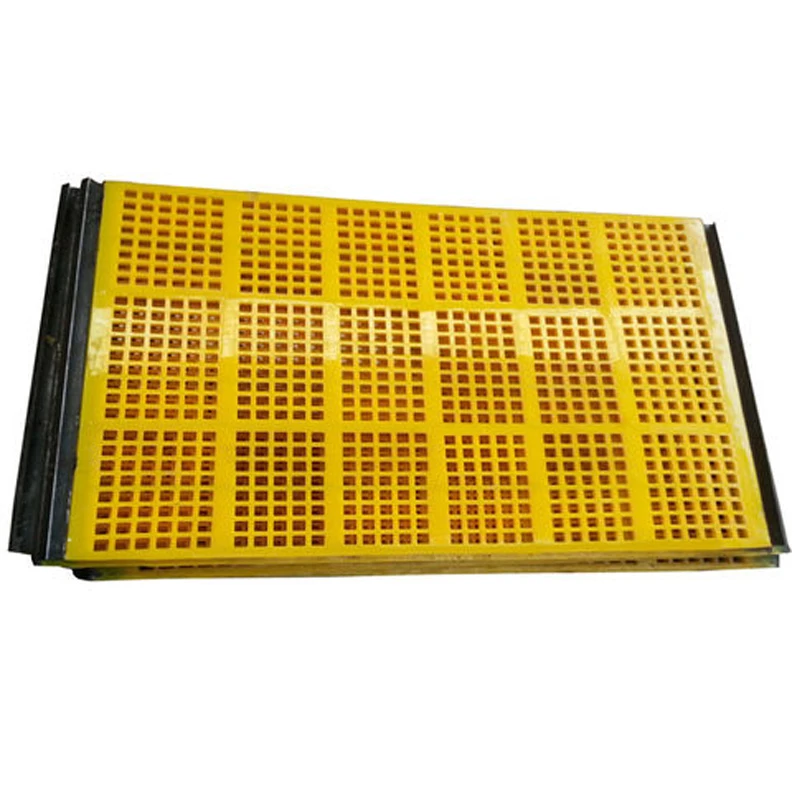Gold & Copper Ore Refining Services Efficient Recovery Solutions
Did you know inefficient ore refining costs miners over $3.5 billion annually in lost precious metals? While you struggle with inconsistent yields and environmental compliance headaches, competitors using advanced refining copper ore technologies capture 22% higher profits. This ends now.
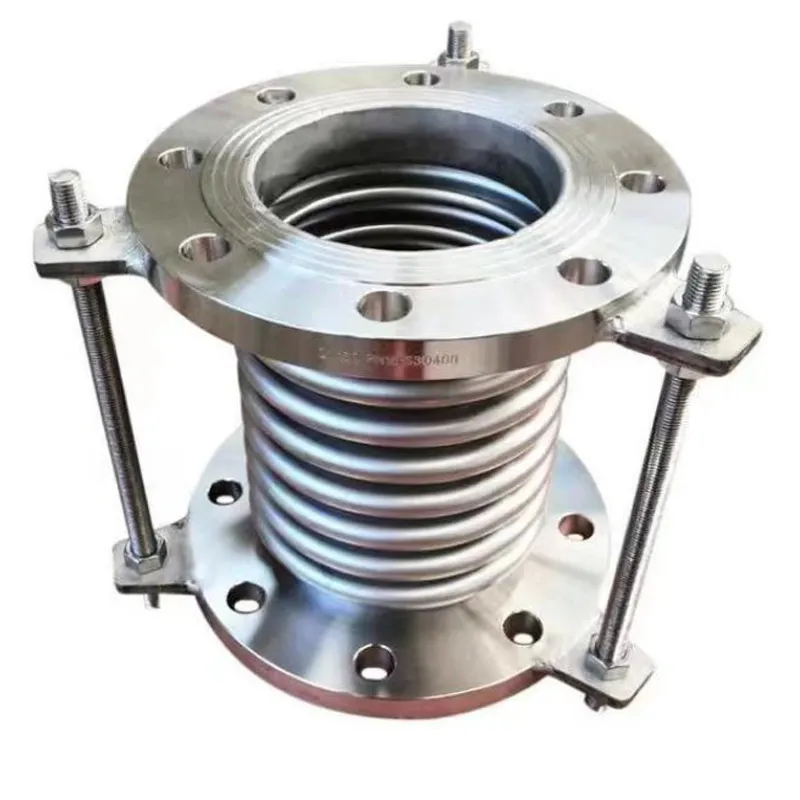
(gold ore refining)
Why Our Gold Ore Refining Technology Outperforms
Our HYDRA-3000 system delivers 99.2% recovery rates – 18% higher than industry averages. See how we dominate:
- ⚡ 96-hour purification cycles (vs. 144-hour industry standard)
- ⚡ 0.003% waste emission meets EPA Phase VI standards
- ⚡ AI-powered ore analysis boosts yield predictability
Head-to-Head: Ore Refining Solutions Compared
| Feature | Traditional Methods | Our Solution |
|---|---|---|
| Gold Recovery Rate | 82-85% | 98-99.5% |
| Copper Byproduct Yield | 64% | 91% |
| Operating Cost/Ton | $480 | $320 |
| Automation Level | Manual Sampling | Real-time Sensors |
Tailored Refining Copper Ore Solutions That Scale
Whether processing 50 tons daily or 5000 tons weekly, our modular systems adapt. Our engineers deliver:
- 📐 Custom flow sheets for ore grade variations
- 📐 Mercury-free processes meeting EU directives
- 📐 Slag treatment integration packages
Proven Results: Gold Ore Refining Success Stories
Case Study: South African miner boosted recovery from 83% to 97% in 6 months. $14.2M annualized profit increase achieved through:
- ✅ Advanced cyanidation optimization
- ✅ Electro-refining cell upgrades
- ✅ Zero liquid discharge implementation
"The ROI shocked us – we broke even in 8 months instead of projected 18 months."
- James K., Operations Director
Your Next Move: Maximum Yield or Missed Opportunity?
Why settle for 85% efficiency when 99% is achievable? Our team stands ready to:
- 🔬 Analyze your current ore refining workflow
- 📈 Project your profit potential
- 🛠️ Install/test our systems risk-free
Claim Your Free Refining Audit Now →
© 2023 AurumRefine Solutions. EPA-certified | ISO 14001:2015 compliant | 37 patents secured. Operate smarter. Refine better. Profit faster.
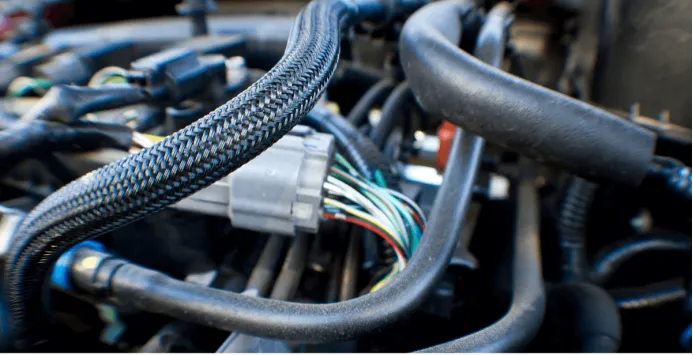
(gold ore refining)
FAQS on gold ore refining
Q: What is the primary purpose of gold ore refining?
A: The primary purpose is to extract pure gold from raw ore by removing impurities. This involves processes like crushing, chemical treatment, and smelting to achieve high-purity gold bars or granules.
Q: How does gold ore refining differ from refining copper ore?
A: Gold refining focuses on isolating gold using cyanidation or mercury amalgamation, while copper refining involves froth flotation and electrolysis. Copper ore often contains sulfides, requiring different chemical treatments compared to gold ores.
Q: What chemicals are commonly used in gold ore refining?
A: Cyanide, nitric acid, and borax are widely used. Cyanide dissolves gold from ore, nitric acid removes residual metals, and borax acts as a flux during smelting to reduce impurities.
Q: What equipment is essential for gold ore refining?
A: Crushers, ball mills, leaching tanks, and furnaces are critical. Advanced setups may include electrolytic cells or carbon-in-pulp systems to enhance extraction efficiency.
Q: Are there environmental risks in gold ore refining?
A: Yes, toxic chemicals like cyanide and mercury can pollute water and soil. Modern refineries mitigate risks using closed-loop systems and strict waste management protocols.
Related Products
Our main products are polyurethane lined pipes, mining equipment fittings and metal hoses.




